- Home
- Products
- Thermal Transfer Ribbon Slitting MachineThermal Transfer Ribbons Packaging MachineFoil Slitting MachineGold Foil Slitter RewinderHot Stamping Foil Slitting machineAutomatic Foil Roll Cutting MachineManual Foil Roll Cutting MachineFoil Rewinding MachineCustom SlitterCustom Slitter Machines
- New Energy Ultra-thin Film Slitting MachineNew Energy Ultra-thin Film Slitting Machine For Capacitive FilmNew Energy Ultra-thin Film Slitting Machine For MOPPNew Energy Ultra-thin Film Slitting Machine For MPETAdhesive Tape Slitting MachineTransparent Adhesive Slitting MachineDouble Sided Adhesive Slitting MachineSingle Sided Adhesive Slitting Machine
- Slitting MachineHigh Speed Slitting MachinePET Film Slitting MachineBopp Film Slitting MachinePVC Film Slitting MachineCopper Foil Slitting MachineAluminium Foil Slitting MachineMini Slitting MachineCorrection Tape Slitting MachineLabel Slitting MachinePhoto & Card Print Ribbon Rewinding MachinePhoto & Card Print Ribbon Slitting MachineCustomerized Slitter
- Paper CorePlastic Tube Cutting MachinePaper Tube Cutting MachineAutomatic Paper Core Cutting MachineSemi Paper Core Cutting MachineManual Paper Core Cutting MachineAutomatic Paper Core Notch Punching MachinePaper Core Notch PuncherPaper Core Loading MachineHelping Machine Mini Trolley
- Services
- About Us
- Contact
Search for anything.



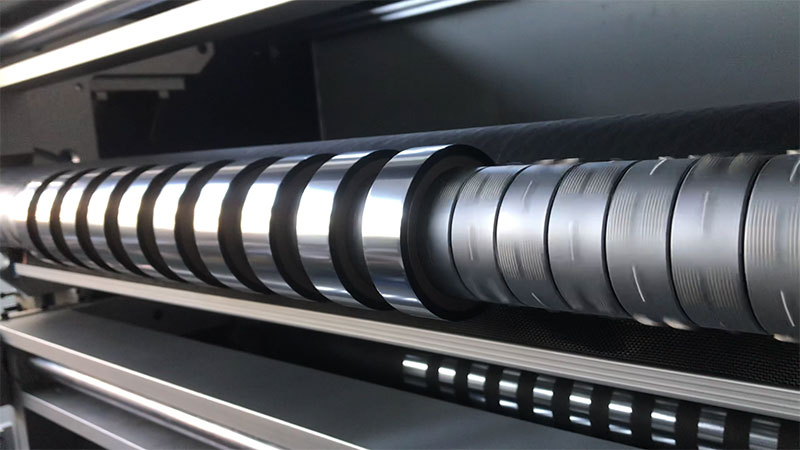
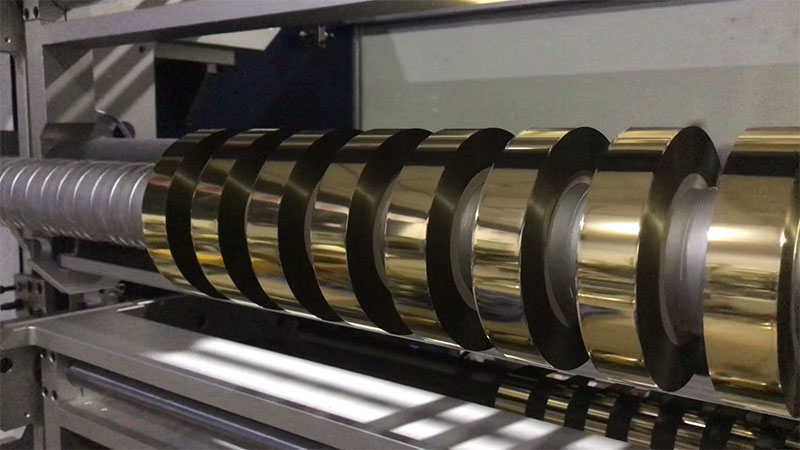
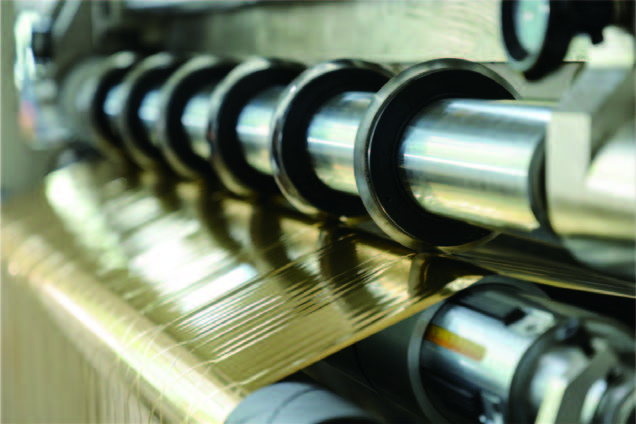
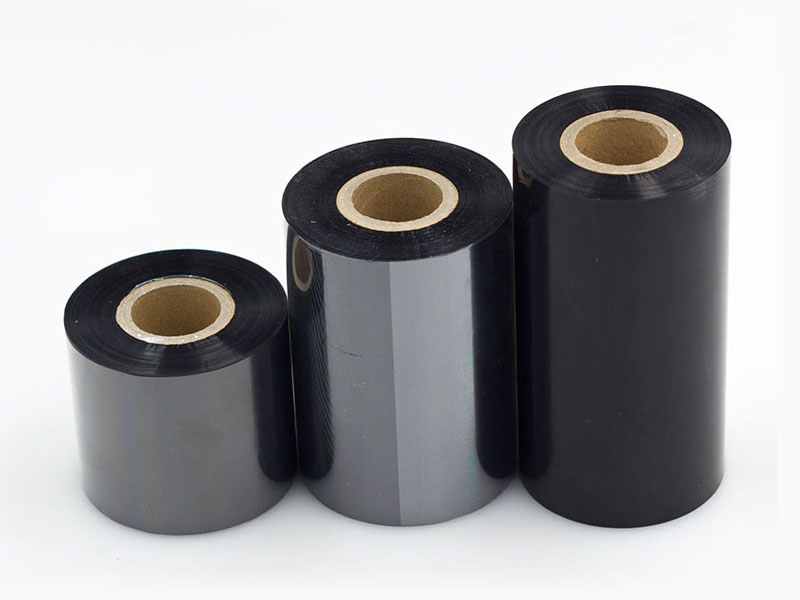
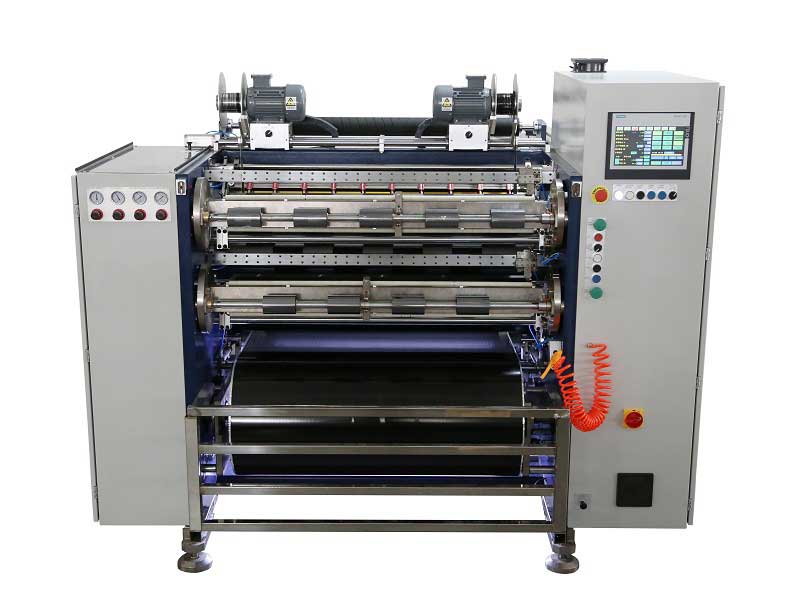 Automatic Thermal Transfer Ribbon Slitting Machine RSDS8 H PLUS
Automatic Thermal Transfer Ribbon Slitting Machine RSDS8 H PLUS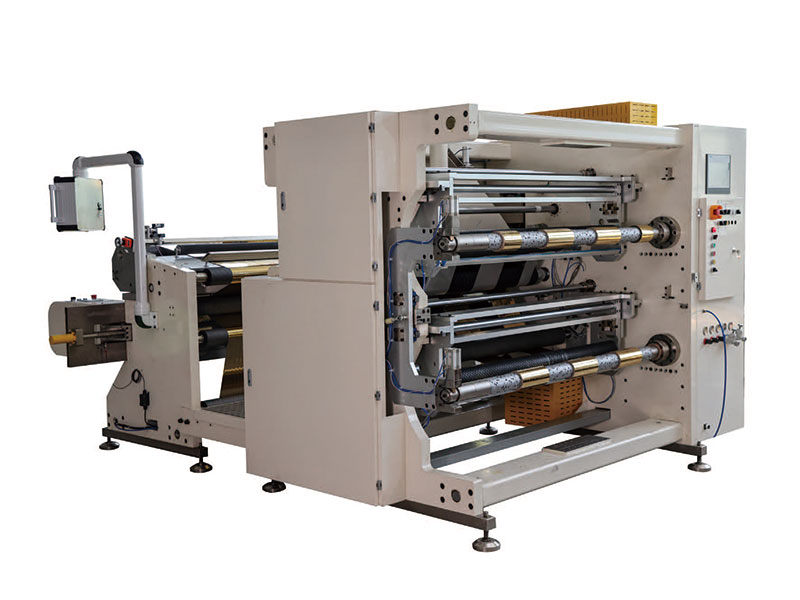 1400mm Hot Stamping Foil Slitting Machine
1400mm Hot Stamping Foil Slitting Machine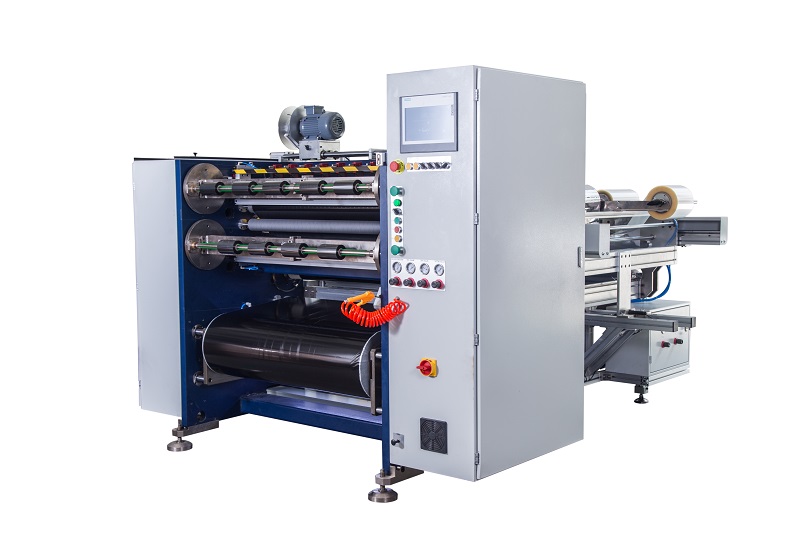 Semi Automatic Thermal Transfer Ribbon Slitting Machine RSDS5 PLUS
Semi Automatic Thermal Transfer Ribbon Slitting Machine RSDS5 PLUS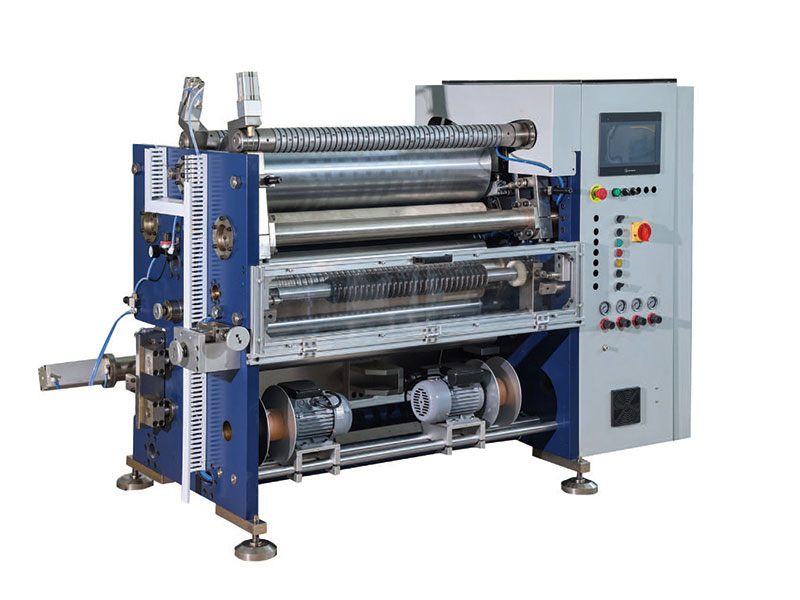 800mm Hot Stamping Foil Slitting Machine
800mm Hot Stamping Foil Slitting Machine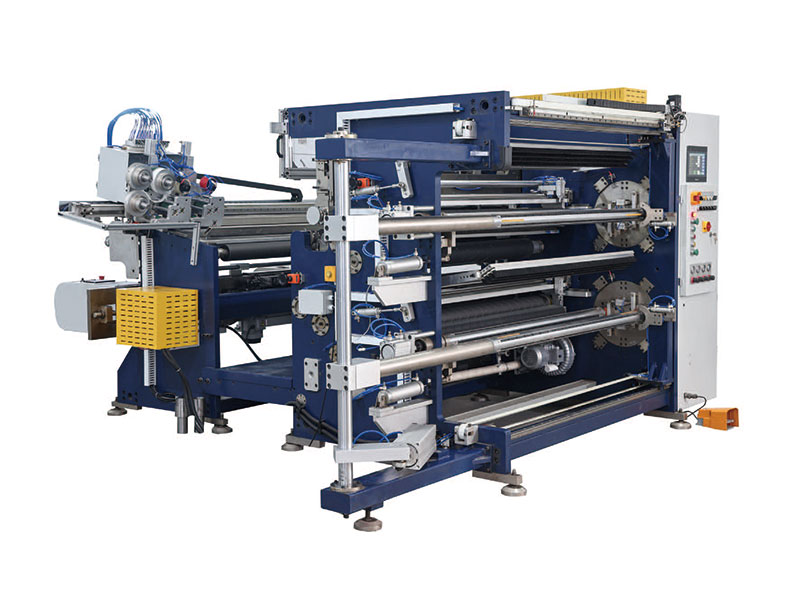 1350mm Hot Stamping Foil Slitting Machine
1350mm Hot Stamping Foil Slitting Machine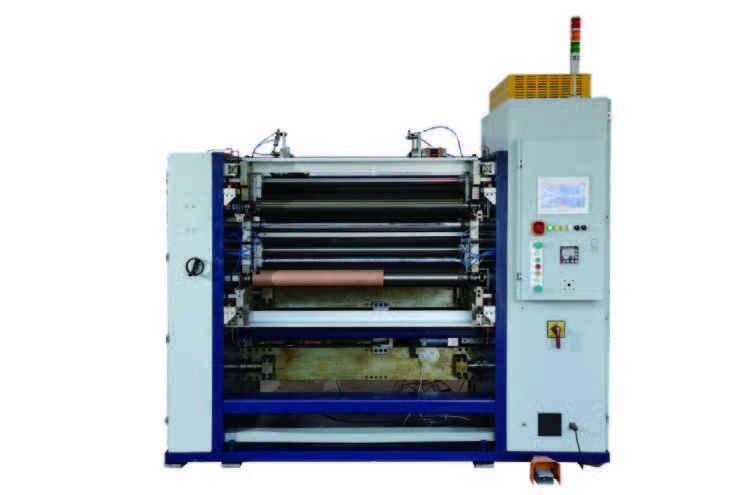 New Energy Ultra-thin Film Slitting Machine For Capacitive Film
New Energy Ultra-thin Film Slitting Machine For Capacitive Film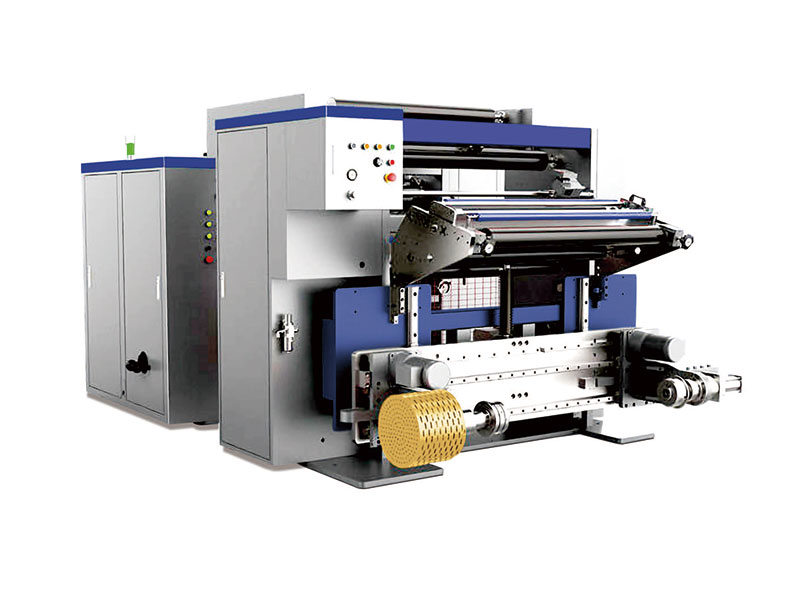 High Speed Slitting Machine
High Speed Slitting Machine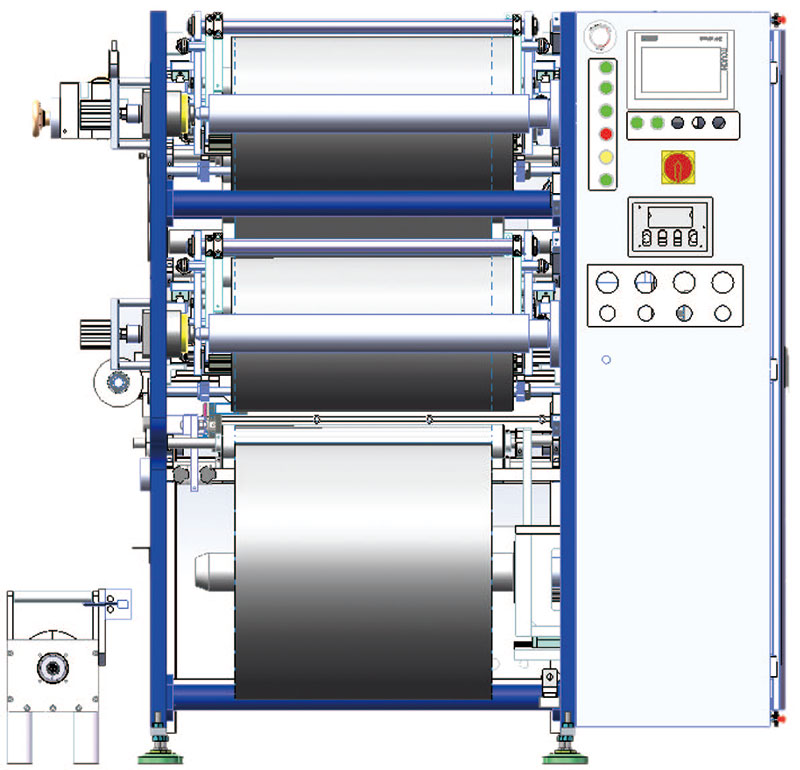 Customerized Slitter
Customerized Slitter



